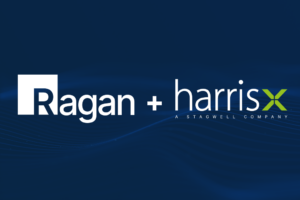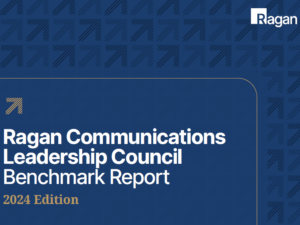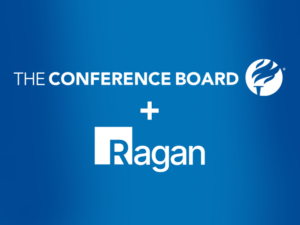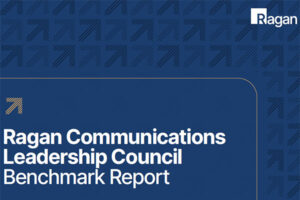This is how CCOs and CMOs are preparing for the November elections
A new joint survey by Ragan Communications and The Conference Board shares insights on planned communications initiatives ahead of election season.

In a hyperpolarized, even more divisive U.S. election season than 2020, companies want to play it safe with their words and actions.
While communications leaders play an outsized role in navigating election-related initiatives as the guardians of reputation, these efforts often happen behind the scenes.
With this in mind, Ragan partnered with The Conference Board to learn how CCOs and CMOs are preparing for the November U.S. elections. This report, based on a survey of 103 communications and marketing professionals, highlights how cautious, vigilant, and preemptive companies are to mitigate potential internal tensions and external attacks to protect their reputation.
Here’s what stuck out.
- New tasks for communications teams. “New key tasks for communications teams include monitoring and addressing misinformation about companies that serves a candidate’s political agenda, further enabled by AI, and minimizing the likelihood of people misconstruing brand messages as partisan,” writes survey author Denise Dahlhoff, PhD, director of marketing and communications research at the Conference Board. “While reputation management has long been a key responsibility of communicators, the current hyperpolarized environment combined with an election season is raising the bar.”
- Reputation management starts internally with comms coaching employees on keeping their political activism separate from their work and preparing executives to speak about their organization’s stance on political issues when relevant to the business.
- Addressing employee activism proactively. Even outside of election seasons, employees increasingly expect their employer to take a stance on social/political issues. “While it’s not necessarily in companies’ best interest to comment on issues that stakeholders raise unless they are core to the business,” writes Dahlhoff, “they need to be ready to respond to such requests by having processes in place to decide on whether and how to respond to issues and explain their reasoning.”
- More education. Comms and marketing leaders encourage voting, but could be doing more to educate their employees on the election process, misinformation, and deepfakes. “A strong democracy fosters a strong market economy, and companies will benefit directly from educating employees about AI-generated misinformation,” Dahlhoff writes.
- Avoiding polarizing external messaging. Companies are not planning to modify external messaging plans, but will be more cautious about potentially divisive topics. “Recent ESG backlash has already made companies adept at not letting their sustainability initiatives become targets of political attacks,” concludes Dahlhoff. “To preempt controversy, brands can always highlight more universally appealing brand values and benefits, including economic benefits, new job creation, new customer groups that provide additional revenue, inclusivity, decent workplace conditions, and equitable pay for employees.”
Get the full results here, and stay tuned for more coverage later this week.
We also invite you to our joint webcast with The Conference Board on June 25, 11am-12pm ET, “What Initiatives Are Communications & Marketing Taking for the Elections”, to discuss the survey findings with General Mills CCO Jano Cabrera, and Judy Rader, CCO and SVP of corporate affairs at Constellation Energy.





